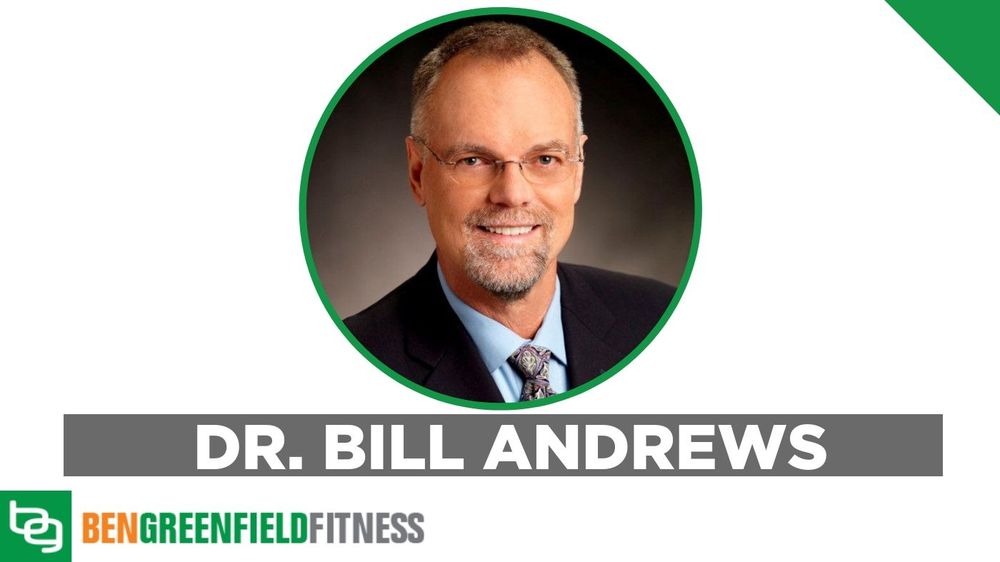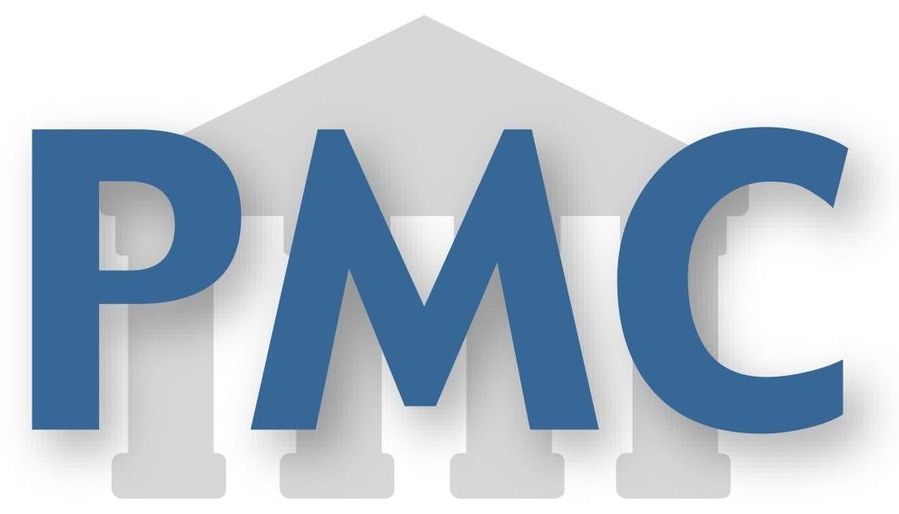Is it accurate?
Does it really show your so-called “biological vs. chronological” age?
And once you do get your results, how can you lengthen your telomeres?


Polymorphism is a remarkable concept in chemistry, materials science, computer science, and biology. Whether it is the ability of a material to exist in two or more crystal structures, a single interface connecting to two different entities, or alternative phenotypes of an organism, polymorphism determines function and properties. In materials science, polymorphism can be found in an impressively wide range of materials, including crystalline materials, minerals, metals, alloys, and polymers. Here we report on polymorphism in a liquid crystal. A bent-core liquid crystal with a single chiral side chain forms two structurally and morphologically significantly different liquid crystal phases solely depending on the cooling rate from the isotropic liquid state. On slow cooling, the thermodynamically more stable oblique columnar phase forms, and on rapid cooling, a not heretofore reported helical microfilament phase. Since structure determines function and properties, the structural color for these phases also differs.


ROME (Thomson Reuters Foundation) — It may sound like science fiction, but in a few short years the family dinner table may be laden with steak from a printer and other proteins produced from air, methane or volcanic microbes.
With the explosive success of vegan beef and burger substitutes developed by Beyond Meat and Impossible Foods, the alternative protein sector just keeps growing.
According to investment bank Barclays, alternative meat sales could reach $140 billion — or 10% of the global meat industry — within a decade, or a 10-fold increase from current levels.



By contemplating the full spectrum of scenarios of the coming technological singularity many can place their bets in favor of the Cybernetic Singularity which is a sure path to digital immortality and godhood as opposed to the AI Singularity when Homo sapiens is retired as a senescent parent. This meta-system transition from the networked Global Brain to the Gaian Mind is all about evolution of our own individual minds, it’s all about our own Self-Transcendence. https://www.ecstadelic.net/top-stories/the-ouroboros-code-br…etaphysics #OuroborosCode
All AI & Cybernetics Cognitive Science Complexity Consciousness Cosmology Digital Philosophy Digital Physics Economics Emergence Environment Epigenetics Ethics Evolution Evolutionary Biology Experiential Realism Experimental Science Fermi Paradox Free Will Vs. Determinism Futurism Gaia 2.0 Global Brain Immortality Machine Learning Mathematics Memetics Mind Uploading Nanotechnology Neo Transcendentalism Neural Networks Neurophilosophy Neuroscience Phenomenology Philosophy Of Mind Physics Of Time Psychedelics Psychology Quantum Computing Quantum Gravity Quantum Physics Sci Fi Simulation Hypothesis Sociology Spirituality Technological Singularity Theology Transhumanism Virtual Reality

Space — also commonly known as the final frontier — has left us in a state of awe since we ever first laid eyes on it. Inspired by numerous works of science fiction, we’ve made it a mission of ours to not only explore space but to colonize its planets as we continue searching for a secondary home.
And while our efforts have been mildly successful thus far, a group of non-biological “creatures” have already achieved the difficult task of conquering space. They’re known as robots.
Whether on the International Space Station (ISS) or on another planet, these automated machines have extended our reach into the cosmos far better than any actual human hand has accomplished. It all started in 1969 when the Soviets made the first attempt to land a robotic rover, known as Lunokhod 0, onto the Lunar surface of our Moon. Unfortunately for the Soviets, the rover was unsuccessful in its landing; instead crashing down after a failed start.

Within a cell system structure dictates function. Any interaction between cells, or a cell and its environment, has the potential to have long term implications on the function of a given cell and emerging cell aggregates. The structure and function of cells are continuously subjected to modification by electrical and chemical stimuli. However, biological systems are also subjected to an ever-present influence: the electromagnetic (EM) environment. Biological systems have the potential to be influenced by subtle energies which are exchanged at atomic and subatomic scales as EM phenomena. These energy exchanges have the potential to manifest at higher orders of discourse and affect the output (behavior) of a biological system. Here we describe theoretical and experimental evidence of EM influence on cells and the integration of whole systems. Even weak interactions between EM energies and biological systems display the potential to affect a developing system. We suggest the growing literature of EM effects on biological systems has significant implications to the cell and its functional aggregates.
Keywords: electromagnetic fields, consciousness, structure-function, cell aggregation, environmental influences.
A biological system is dependent upon inter- and intra-cellular communication for its development, maintenance, and proliferation. This communication allows an individual cell to interact with neighboring cell systems as well as its environment. The literature concerning intra- and inter-cellular communication is rapidly growing, focusing on electrical and chemical mechanisms (Qian, 2007; Nielsen et al., 2012; Venturi and Fugua, 2013). However the means by which a biological system can communicate, or interact, through a non-chemical non-electrical medium have yet to be extensively examined. There have been initial studies on the possible contributions of the electromagnetic (EM) spectrum (non-chemical non-electrical) to biological systems (Gurwitsch, 1926; van Wijk et al., 1993; Cifra et al., 2011). These studies have demonstrated that there is, at the very biological systems and the EM spectrum.
